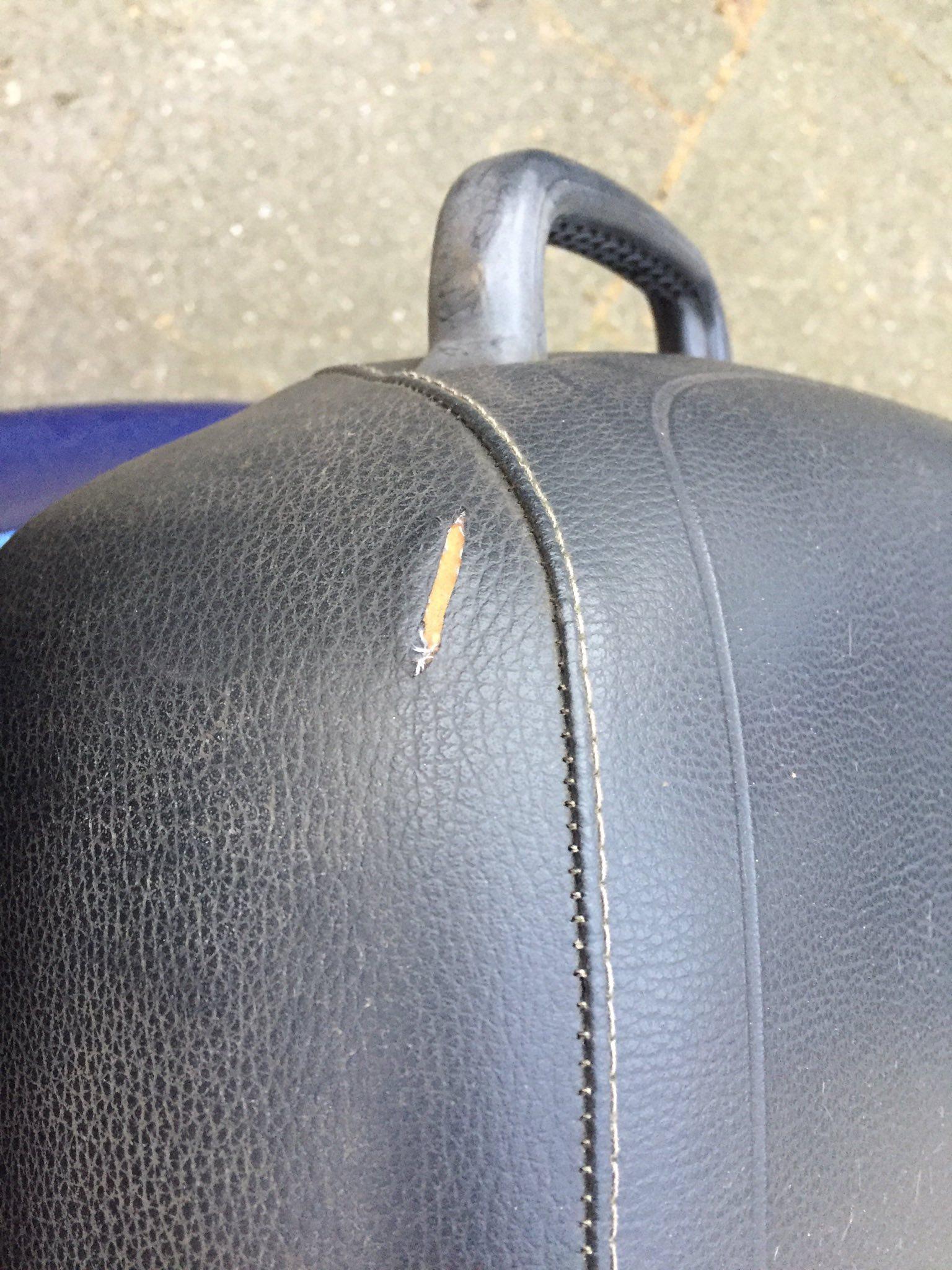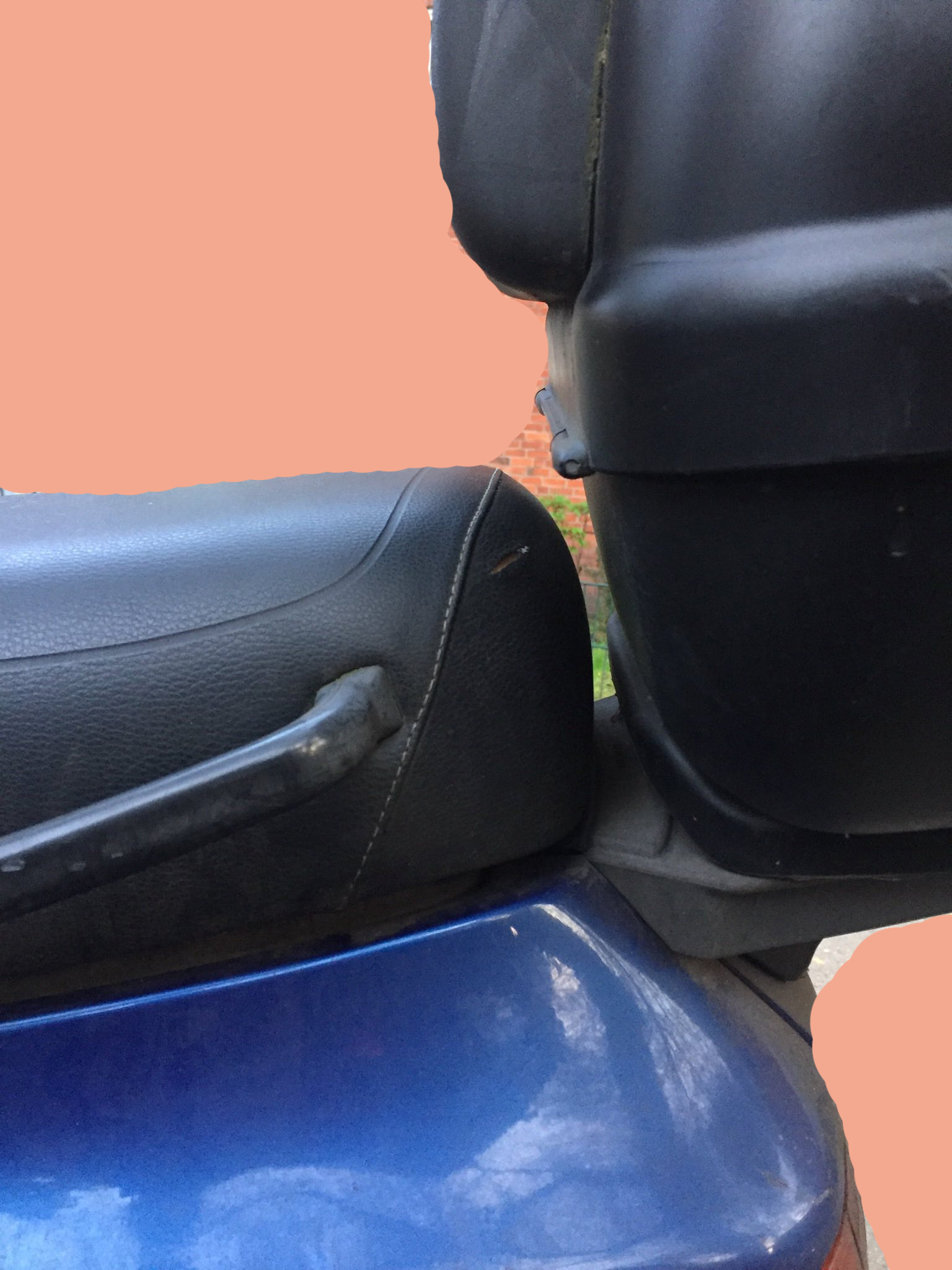
In the last few days, a so-called “AirTag” from Apple was found in the seat of a scooter. The scooter is used by an anarchist from Hamburg, who has already been the subject of Surveillance and investigative measures in the past. The small, flat device of an approximate diameter of 3 centimeters and a height of less than 1 centimeter, was placed through a slit in the seat cushion, which was apparently made with a cutter knife or similar. The assumption is that an investigative agency or the Verfassungsschutz (german interior secret service) is responsible for the placement. Apple originally marketed the AirTags for the purpose of tagging items such as a bunch of keys, wallet or similar in the immediate vicinity of one’s of one’s smartphone. It works via Bluetooth and has an immediate maximum range of about 100 meters outdoors. It only becomes a tool for tracking the movements of another person via the “Where is? app. When this function is activated, the “lost” AirTag pairs with other iPhones or iPads (with activated Bluetooth function) in the vicinity and passes the location via the “Where is?” network to the Apple device paired with the tracker. Apple device paired with the tracker – and with inflationary use of Apple products and Bluetooth headphones, these small devices then record a potentially fairly complete movement profile, especially in urban areas. The batteries of the AirTags have a lifespan of about one year. According to Apple, the trackers emit a (quiet) beep in “Where is?” mode at regular intervals – which is sufficiently muffled by the upholstery of the scooter seat, for example. It should also be possible, by means of the “Where is?” app in iPhones and the “Airguard” app for Android to identify “lost” AirTags. There are some articles about these possibilities on the IT platform golem.de, which we recommend reading. The serial number of the AirTag theoretically allows to identify the device that was originally paired with it – but it is difficult to get hold of the data over which the Apple group has control. AirTags currently cost around 40 euros each – making them by far the cheapest way for investigators to use such devices for surveillance. A certain failure rate, gaps in the surveillance or a limited usability of the data in criminal proceedings, we estimate that these are insignificant reasons for the authorities not to use the devices. So: check your cars, scooters, bikes and so on.
We are happy to receive technical supplements or your own experience reports. And let’s oppose the paranoia with our anger, determination, caution and solidarity.
Further information: https://www.golem.de/news/airguard-im-test



